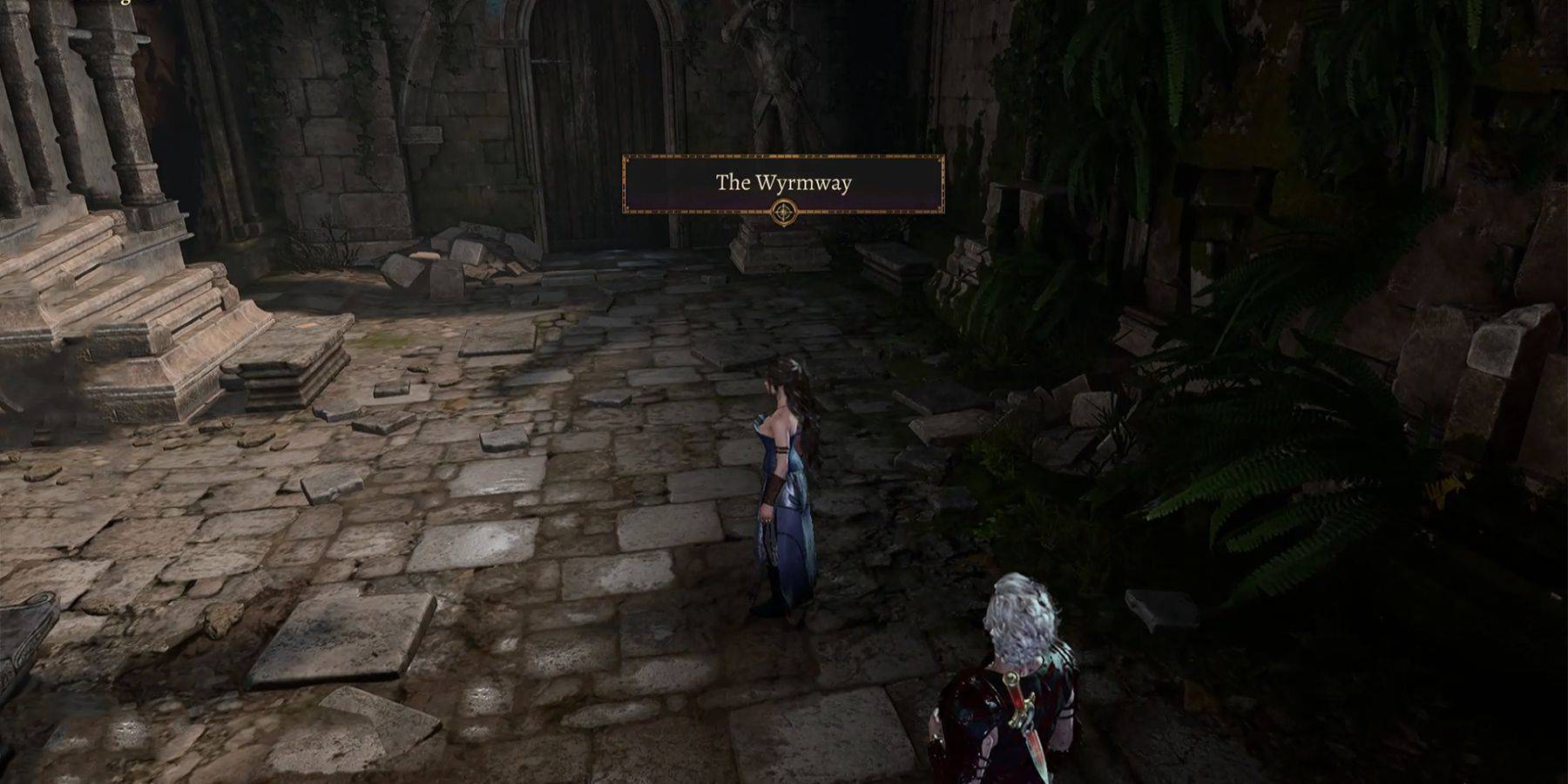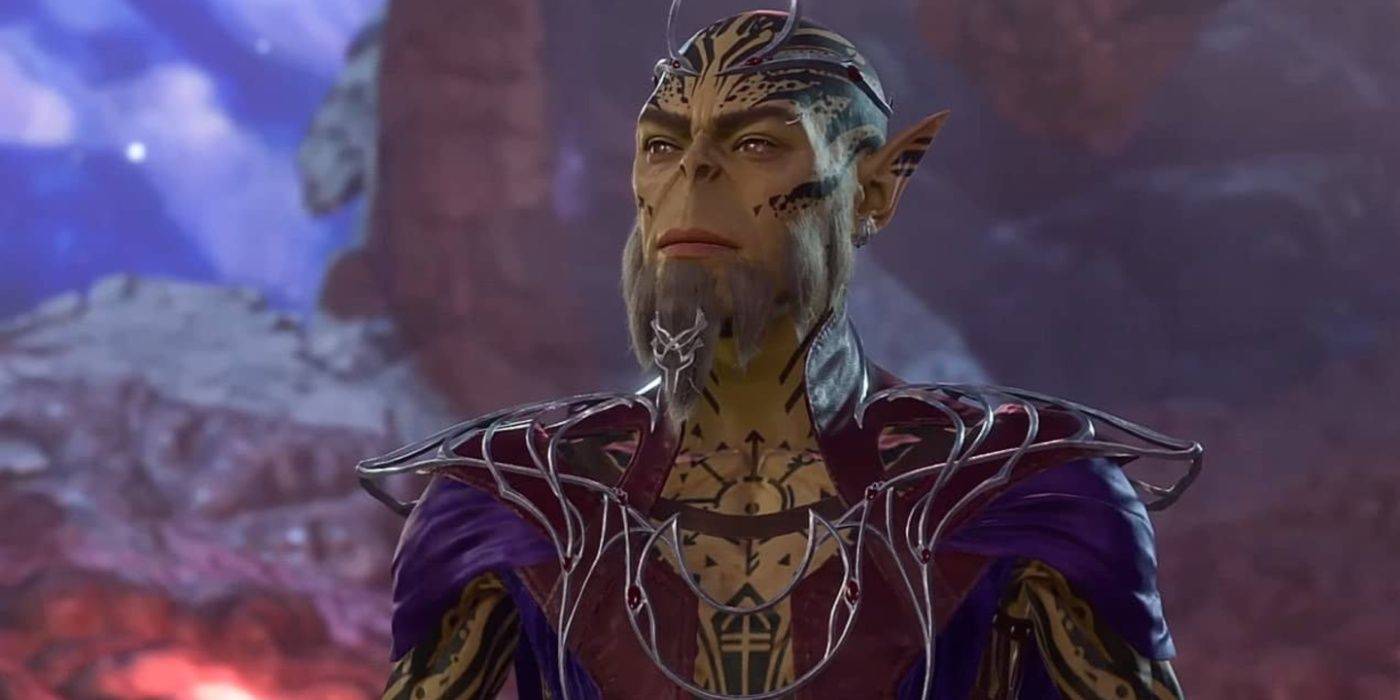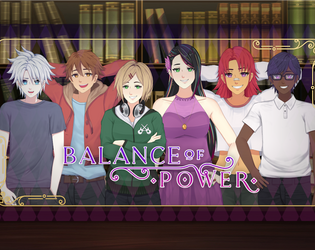In Baldur's Gate 3's climactic moment, players face a pivotal choice: free the imprisoned Githyanki Prince Orpheus or let the Emperor handle him. This decision, made after acquiring the Orphic Hammer, profoundly impacts the game's outcome. This article explores the consequences of each choice.

Updated February 29, 2024: Before deciding Orpheus' fate, players must defeat Ketheric Throm, Lord Enver Gortash, and Orin. This requires thorough exploration of Baldur's Gate's upper and lower districts. The choice carries significant weight, potentially leading to companion sacrifices. High skill checks (30+) may be necessary to influence companion decisions.
Spoiler Warning: The following details the game's ending.
To Free Orpheus, or Not?

The choice hinges on player preferences. The Emperor warns that freeing Orpheus risks party members becoming Illithids (Mind Flayers).
After the Netherbrain battle (which the Emperor teleports the party to after a loss), the choice is stark: liberate Orpheus or let the Emperor absorb his power.
Choosing the Emperor:
This results in Orpheus' demise as the Emperor absorbs his knowledge. Lae'zel and Karlach may disapprove, impacting their personal quests. While this aids in defeating the Netherbrain, it might displease fans of these characters.
Freeing Orpheus:
Freeing Orpheus causes the Emperor to align with the Netherbrain. The risk of party members becoming Mind Flayers remains. However, Orpheus joins the fight alongside the Githyanki. He'll even sacrifice himself to prevent others from becoming Mind Flayers if asked.
In short: choose the Emperor to avoid Mind Flayer transformation; choose Orpheus if you accept that risk. The Emperor's choice might alienate Lae'zel and send Karlach back to Avernus.
The Moral Compass:
The "good" choice depends on individual perspectives, but loyalty is key. Orpheus, as a Githyanki descendant, is the rightful ruler, opposing Vlaakith's tyranny. A Githyanki player might naturally side with him. However, others may find Voss and Lae'zel's demands excessive. The Gith prioritize themselves, even if their actions affect the wider world.
The Emperor, conversely, is generally benevolent, aiming to defeat the Netherbrain and aid the party. He accepts necessary sacrifices, though this could lead to party members becoming Mind Flayers. The multiple endings in BG3 offer various outcomes.















